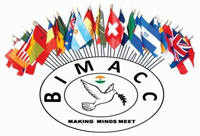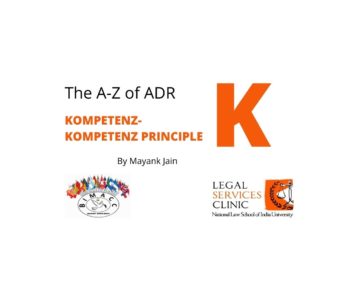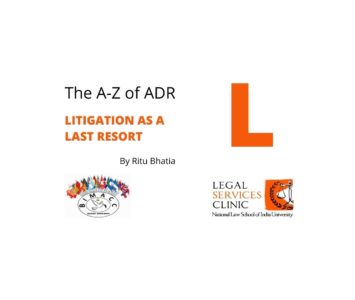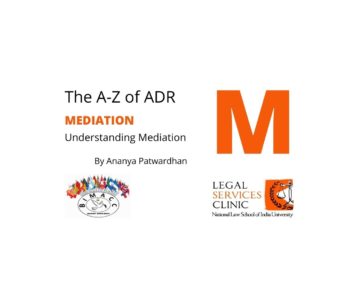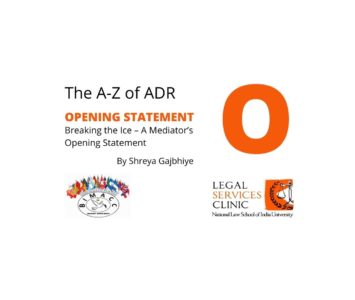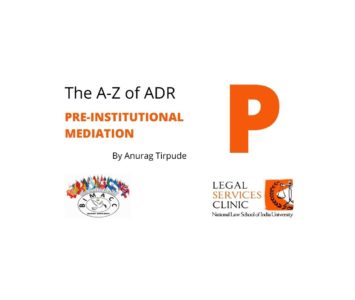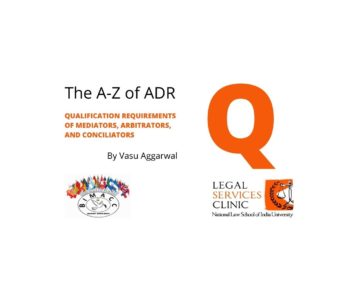A-Z of ADR: Kompetenz-Kompetenz Principle
The principle of kompetenz-kompetenz denotes the ability of arbitral tribunals to decide on their own jurisdiction to proceed with a case. Essentially, this means the tribunal decides whether it can hear a case or not, without the intervention of a court. This principle is important in arbitration law as it affects the functioning of tribunals, and how long a case can take before the tribunal is able to decide on the matter. Recognising this principle by law gives the advantage of […]
Read More